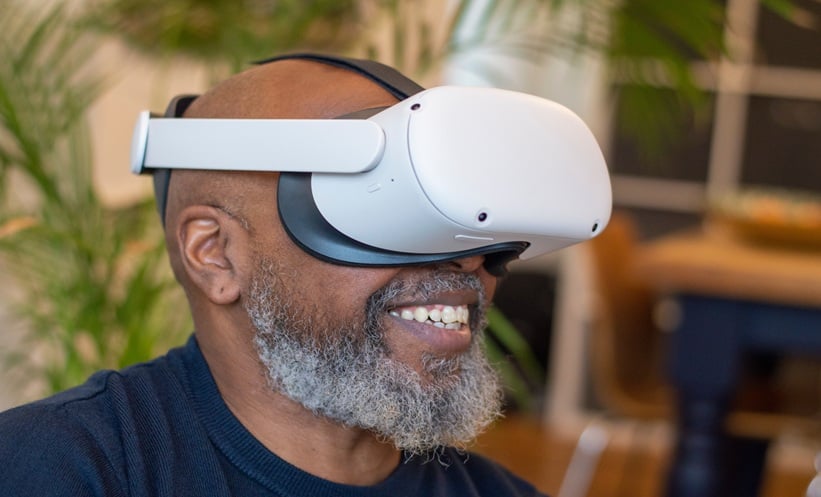VIRTUAL reality (VR) is emerging as a powerful tool for enhancing cancer patient education, significantly improving understanding of disease and treatment, according to new research. A study evaluating VR-based 3D imaging review found that patients and caregivers reported a substantial increase in comprehension compared to conventional 2D imaging methods.
This prospective mixed-methods study enrolled 38 cancer patients undergoing radiation therapy and their caregivers. Participants first reviewed their diagnostic imaging in a traditional 2D format on a computer screen before experiencing an interactive 3D VR rendering of their scans. Pre- and post-VR questionnaires assessed self-reported understanding using a 10-point Likert scale.
The results demonstrated a dramatic improvement in comprehension, with mean understanding scores rising from 5.6 before VR to 9.2 afterward (P < .0001). An overwhelming 97% of participants preferred 3D VR imaging over conventional 2D review, and 83% rated it as the most effective educational tool among all options presented. Interview feedback further highlighted VR’s ability to make complex medical information more accessible and engaging. Participants ranged in age from 11 to 95 years, with a median of five months from diagnosis to VR exposure. Many expressed frustration with traditional educational methods, describing them as inadequate for conveying the intricacies of their condition and treatment. In contrast, VR allowed them to explore their medical images in an intuitive and immersive way, leading to clearer insights and more confident decision-making. With 97% of patients recommending VR imaging review as a standard practice in oncology care, this study underscores the potential of virtual reality to revolutionize patient education. The findings suggest that integrating VR into clinical workflows could enhance patient engagement, improve communication between providers and patients, and ultimately lead to better-informed treatment decisions. Further research is warranted to refine VR applications in oncology and assess long-term outcomes, but these results highlight its promise as a game-changing tool in cancer care. Reference: Holt DE et al. The Use of Virtual Reality for 3D Diagnostic Imaging Review Enhances Understanding and Education of Patients with Cancer. Int J Radiat Oncol Biol Phys. 2025:S0360-3016(25)00180-4. Anaya Malik | AMJ








